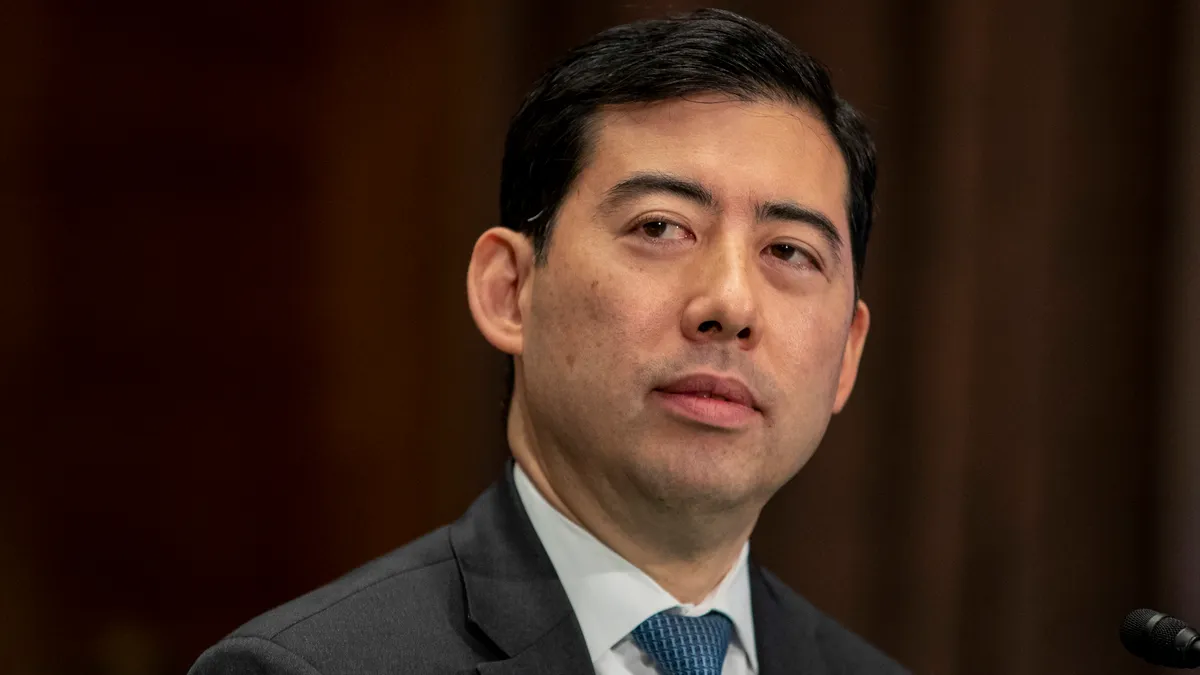In a case with implications for company DEI programs, the 11th Circuit Court of Appeals held in American Alliance for Equal Rights v. Fearless Fund that a venture capital funding contest open only to Black women who are legal U.S. residents is “substantially likely” to discriminate based on race. The court awarded preliminary injunctive relief to a conservative group that challenged the funding program.
“This decision is part of a consistent trend of rolling back DEI gains,” said Cindy-Ann Thomas, the immediate past co-chair of Littler’s EEO and D&I practice group. “It may chill organizations from creating good equity programs because of concerns about their risk in helping people from marginalized groups.”
Crowell and Moring partner Keith Harrison, who filed an amicus brief in the case on behalf of 16 civil rights groups, including the Lawyers Committee for Civil Rights Under Law and the NAACP, suggested the ruling turns the nation’s first civil rights law on its head and weaponizes a statute that was designed to help Blacks achieve equality.
Civil rights law
At the heart of this dispute is the Civil Rights Act of 1866, later codified as Section 1981, which bars racial discrimination in making and enforcing contracts.
Fearless Fund’s stated mission is to bridge the gap in venture capital funding for women of color. Its grant contest offers four winners $20,000 apiece plus digital tools to assist with their business growth, as well as mentorship.
The American Alliance for Equal Rights, a group dedicated to “ending racial classifications and racial preferences” filed suit claiming the grant program violates the federal civil rights law. The group has filed numerous challenges to affirmative action programs and claimed to represent three business owners that it said wished to participate in the contest and are not Black women.
In granting American Alliance’s request for a preliminary injunction, the 11th Circuit found the group had standing to bring the case because it had identified members able and ready to enter the Fearless Fund’s grant contest.
Writing for the panel, Circuit Judge Kevin Newsom said, “The Supreme Court has made clear that § 1981 protects “would-be contractor[s]” — here, the contestants — to the same extent that it protects contracting parties.” The court concluded that the public interest is well served by ensuring racial equality in contracting.
The president of the American Alliance for Equal Rights, Edward Blum, wrote in a statement that he was grateful the court had ruled against Fearless Fund’s racially exclusive grant competition. “Our nation’s civil rights laws do not permit racial distinctions because some groups are overrepresented in various endeavors, while others are under-represented,” said Blum.
But Harrison countered that there was no question Congress intended this 1866 law to be a race-conscious and remedial lift up. “The intent was not to put Blacks in a better position than whites,” he said. “It’s not a zero-sum game. These programs are not injuring others.”
Harrison noted in his amicus brief that Black women receive less than 0.38% of all venture capital funding and single Black women own only 0.5% of employer businesses, a rate “24 times lower than for single white men.”
Statistics like that led Thomas to conclude, “The impact of this ruling sends the message that investing in Black women is not worthwhile, and that’s particularly harmful.”
DEI in the crosshairs?
The 11th Circuit’s ruling comes on the heels of a March decision by a federal judge in Texas striking down a federally sponsored racial preference for minority groups seeking access to government contracts and capital.
It also comes less than a year after the Supreme Court’s landmark 6-3 decision to strike down race-based admissions programs in higher education at Harvard and the University of North Carolina.
That’s no accident, says Thomas, who calls the Fearless ruling “almost a natural outgrowth of those cases.”
“Organizations are getting more and more information from the courts that suggest they need to be very mindful of programs with race or gender-based criteria,” says Thomas, who described this latest decision as “absolutely connected to company DEI efforts.”
Harrison agrees the ruling will embolden those who wish to eliminate racial preferences of any sort. But that does not mean in-house counsel should scale back DEI programs.
“In my view, the 11th Circuit's ruling is not a stop sign — it's not even a yield sign — for DEI. It’s a proceed with caution sign,” he advises.
“DEI not involving a contract wouldn’t fall under Section 1981,” explains Harrison. “I think mentorship programs at companies would be a difficult target, but I don’t put anything past these groups.”
Elaborate maze
The DEI landscape is becoming an increasingly elaborate maze for organizations to navigate, according to Thomas.
Earlier this year, the 2nd Circuit Court of Appeals reached a contrary holding in Do No Harm v. Pfizer, in a case that claimed a Pfizer fellowship program unlawfully excluded white and Asian-American applicants based on race. In dismissing the lawsuit, the appellate court found the plaintiffs failed to identify by name a single injured member.
Nonetheless, Thomas anticipates more legal challenges coming. Harrison agrees, and says. “It’s a good opportunity for companies to take a look at their programs and seek out legal advice if needed.”
For private employers, the Supreme Court laid out the test for race-based remedial programs in the 1979 case of Steelworkers v. Weber in holding that Title VII does not ban affirmative action plans aimed at eliminating obvious racial disparities in traditionally segregated job categories.
The ruling remains good law, but was handed down by a far different group of Supreme Court justices.


















